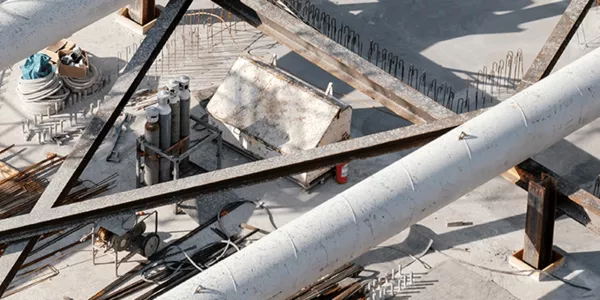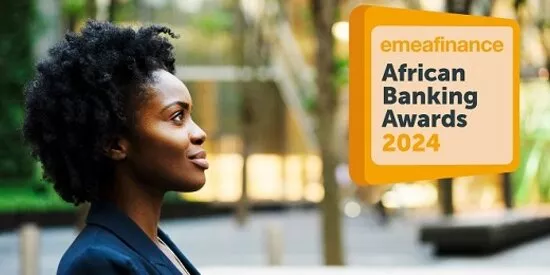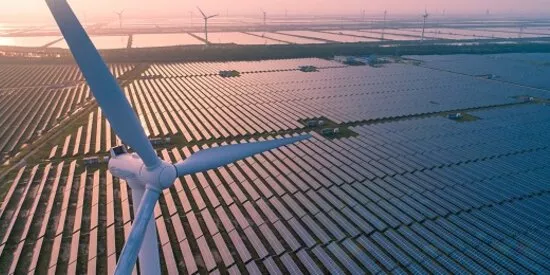
Abidjan’s metro line 1: the biggest public transport infrastructure project in Sub Saharan Africa
News
The Abidjan Metro Line 1 project, a critical development infrastructure for the Republic of Côte d’Ivoire, will bring a new fast and safe transport solution to more than 500,000 people each day, boost the economy, while contributing to improve environmental and social conditions.
With nearly 6 million inhabitants, public transport is a major challenge for the megacity of Abidjan. There was a strong demand for an improved network, both in terms of quantity and quality, from the various towns that make up its districts, particularly from the population of the North-South axis. To meet these expectations to optimize existing transport system, the Abidjan Metro Line 1 project was first raised in the 2010s.
The objective of this project is to ease traffic flows and congestion while providing fast, safe, and more sustainable transport services to the population.
The metro line will run through the North-South axis of Abidjan, from Anyama Centre to Abidjan Airport, over 37km, in surface and include 18 stations, 24 bridges, 1 viaduct, 34 pedestrian gateways and 8 underground passages.
As a sustainable transport solution, Abidjan Metro Line 1 will bring economic, social as well as environmental benefits:
- Fostering connections between the metro, buses, taxis, cars and other soft modes (pedestrians and cyclists) will facilitate the moves and overall quality of life of 530,000 people each day.
- Widening the range of transport options contributes to reducing the cost of living and providing a sustainable mobility solution for Abidjan's poorest residents living in the outskirts of the city.
- Boosting the local economy as the construction will create 2,000 employments.
- Contributing to lower atmospheric and noise pollutions, reduced carbon emission and fewer car crashes.
Societe Generale acted as Lead Coordinating Bank, Sole Underwriter, Bookrunner, Mandated Lead Arranger, and Co-Lender in this EUR 1,77 bn financing, to design, build, operate and ensure the maintenance of the metro line. Additionally, Societe Generale played an important part in the Environmental & Social (E&S) structuring of the transaction and contributed to improve the design of the project to align it to, as much as possible, to the best E&S norms. This illustrates the Group’s commitment towards financing projects to accelerate its contribution to the environmental transition and, more broadly, to the UN's Sustainable Development Goals.
Societe Generale's role in financing this major public transportation solution in Sub-Saharan Africa also demonstrates its position as a leading trustable partner in infrastructure financing on the continent, in the fields of transport, environment, energy production and distribution, health and telecoms.
The construction of Abidjan's first metro line is a key project for the city and one that is eagerly awaited by all Ivorians. This metro will help to develop Abidjan's economic potential to the full and will make it easier for the people of Abidjan to get around. The project has also created many local jobs, and we are delighted to see that the work is progressing very well. I would like to thank Societe Generale and BNP Paribas for their key role in coordinating and arranging the financing for the project, as well as all the other financial partners involved. We are delighted with this partnership of trust between Côte d'Ivoire and France on this strategic infrastructure for our country.
We are very proud to have once again supported the Republic of Côte d'Ivoire as Lead Arranger, Account Holder, Environmental and Social Structuring Bank and Lending Bank in structuring the financing for the construction of Line 1 of the Abidjan Metro. This strategic project will improve the daily lives of Abidjan's residents and have repercussions for all Ivorians. This major project in sub-Saharan Africa is a perfect illustration of what Societe Generale can do, thanks to its structuring capabilities, its proximity to the members of the consortium in charge of the construction as well as to the French authorities, and of its positioning on the continent with Societe Generale Côte d'Ivoire in particular, which is also directly supporting this project by structuring a liquidity line for the benefit of the consortium.




